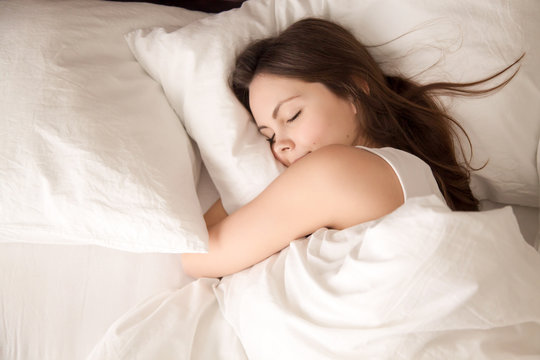
In a world that thrives on perpetual motion and non-stop schedules, the quest for optimal fitness often collides with the demands of modern life. Many individuals turn to energy drinks as a quick fix to combat fatigue and power through intense workout sessions. However, the relationship between fitness, energy drinks, and sleep is a delicate balance that requires careful consideration.
The Rise of Energy Drinks in the Fitness World
Energy drinks have become ubiquitous in the fitness community, promising a surge of vitality and improved performance. Loaded with caffeine, sugar, and a cocktail of stimulants, these beverages provide an immediate jolt of energy, making them a popular choice for pre-workout rituals. The allure of heightened focus and endurance can be enticing, especially for those engaged in high-intensity training.
The Fitness Buzz: How Energy Drinks Affect Workouts
The appeal of energy drinks lies in their ability to enhance physical and mental performance. Caffeine, the primary ingredient, stimulates the central nervous system, leading to increased alertness and reduced perception of effort. For many fitness enthusiasts, this means pushing through the last set of squats or running an extra mile without feeling the usual fatigue.
However, it’s crucial to acknowledge the potential downsides. While energy drinks may offer a temporary boost, relying on them as a crutch can lead to dependency and, more importantly, interfere with the body’s natural rhythms, including sleep.
The Sleep Dilemma: Unraveling the Impact
A rigorous fitness routine demands adequate rest and recovery, and sleep plays a pivotal role in this process. Unfortunately, the same energy drinks that propel individuals through intense workouts can disrupt their ability to achieve quality sleep.
Caffeine, with its stimulating effects, has a half-life of several hours, meaning its impact lingers in the body long after consumption. Drinking energy drinks, especially later in the day, can interfere with the onset of sleep, reduce sleep duration, and even lead to fragmented sleep patterns. The consequence? A potential compromise on the body’s ability to repair and regenerate, hindering the very fitness goals individuals strive to achieve.
The Circadian Connection: Understanding the Body’s Internal Clock
To comprehend the intricate relationship between energy drinks, fitness, and sleep, it’s essential to delve into the body’s circadian rhythm. This internal clock regulates various physiological processes, including the sleep-wake cycle. Disrupting this delicate balance can have far-reaching consequences on health and performance.
Energy drinks, often consumed to combat fatigue, can interfere with the natural ebb and flow of the circadian rhythm. The result is a disturbed sleep-wake cycle, with potential repercussions on mood, cognitive function, and overall well-being. For those committed to both fitness and a good night’s sleep, finding harmony between these seemingly conflicting pursuits becomes paramount.
Striking a Balance: Tips for Fitness Enthusiasts
- Mindful Consumption: While the allure of energy drinks is undeniable, mindful consumption is key. Consider the timing of intake, opting for caffeine earlier in the day to mitigate its impact on sleep.
- Hydration Matters: Dehydration can exacerbate the negative effects of caffeine. Ensure adequate water intake throughout the day to counterbalance the diuretic effects of energy drinks.
- Individual Tolerance: Recognize that everyone metabolizes caffeine differently. Pay attention to your body’s response and adjust your intake accordingly.
- Sleep Hygiene: Prioritize sleep hygiene practices, including a consistent sleep schedule, a conducive sleep environment, and minimizing exposure to screens before bedtime.
- Alternative Energy Sources: Explore natural alternatives to energy drinks, such as a well-balanced diet, proper hydration, and strategic napping for an energy boost.
The Future of Fitness: Integrating Health and Performance
As the fitness landscape evolves, a holistic approach that integrates both health and performance is gaining prominence. While energy drinks might offer a quick fix for immediate energy needs, the long-term impact on overall well-being cannot be ignored. The pursuit of fitness should not come at the expense of quality sleep, as the two are inherently interconnected.
Individuals navigating the realms of fitness and energy drinks must strike a delicate balance, acknowledging the potential pitfalls while optimizing the benefits. By fostering an awareness of the circadian rhythm, understanding personal tolerance to caffeine, and prioritizing sleep hygiene, fitness enthusiasts can achieve their goals without compromising on restorative sleep.
In the grand scheme of wellness, the symbiotic relationship between fitness, energy drinks, and sleep underscores the importance of an informed and balanced approach. As we propel ourselves toward peak performance, let’s not forget that true fitness encompasses not only what we achieve in the gym but also how we nurture our bodies through rest and recovery.
